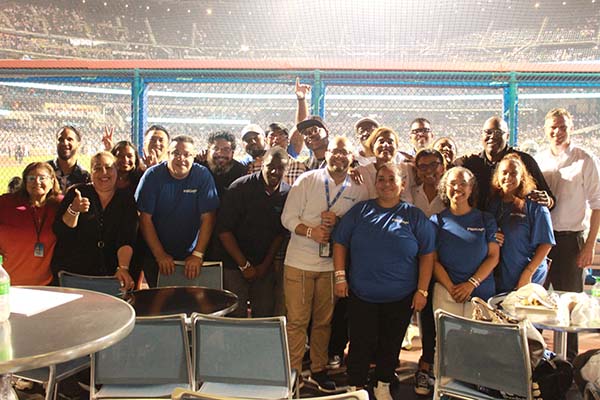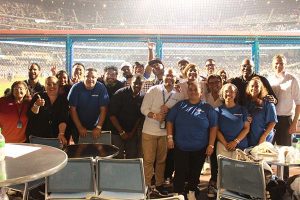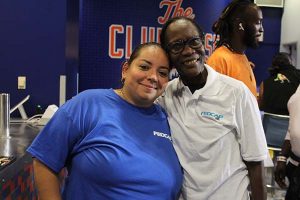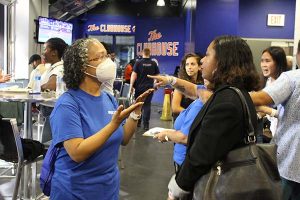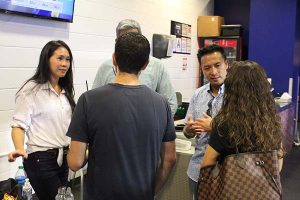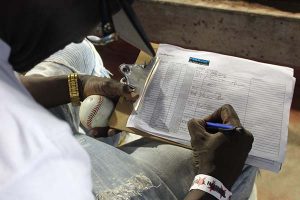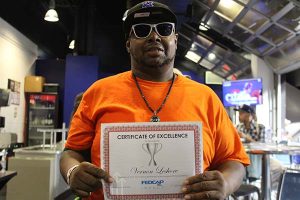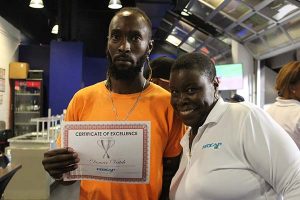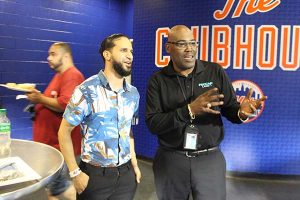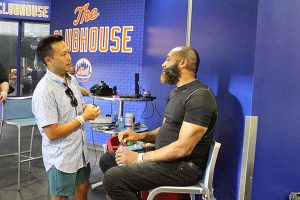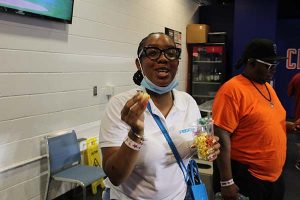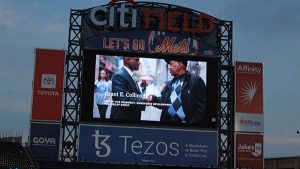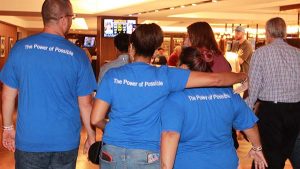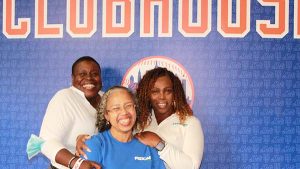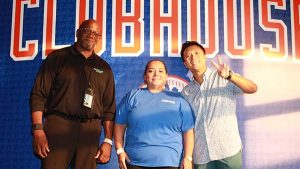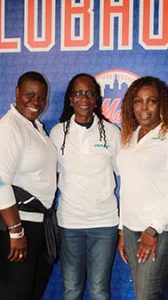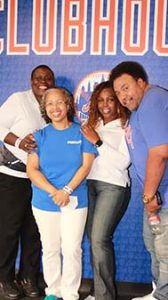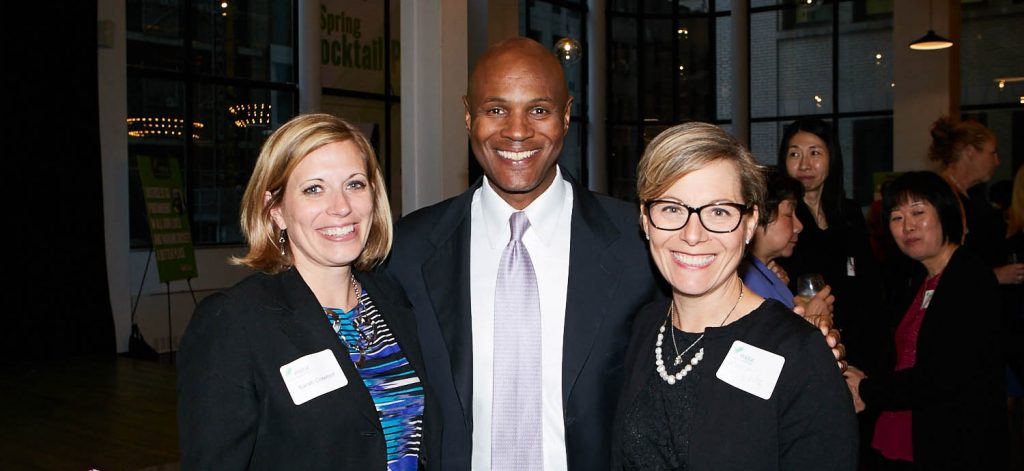Fedcap Inc.’s IMPACT Program Celebrates The Power of Possible
• Over 100 individuals have gained sustainable employment through Fedcap Inc.’s IMPACT program.
On an early fall evening, graduates of Fedcap Inc.’s IMPACT program gathered at Citi Field to collect their certificates and celebrate their successful completion of the program. The evening was an opportunity for graduates to reflect and reunite with their mentors, coaches, and instructors. Thanks to special nonprofit pricing from The Mets, Fedcap Inc. was able to celebrate and enjoy a night out at the ballgame with hotdogs, hamburgers, and soft drinks.
The Mayor’s Office of Criminal Justice (MOCJ) IMPACT program is for individuals leaving Department of Correction custody and helps releasees find sustainable employment, which in turn helps them positively reintegrate in the community. Fedcap Inc. enrolls voluntary participants through outreach to individuals and referrals from community partners. Once immediate needs for food, housing, healthcare and childcare, and transportation are assessed and resolved, the program offers skills training, workshops on re-entering the workplace and workplace culture, and job entry and retention services.
To date, 165 individuals out of the 535 enrolled in the program’s first year have achieved employment. Another 85 are in the job search and interviewing process with potential employers. Fewer than 10 have been rearrested, and upon resolution of their cases those individuals remain eligible for re-engagement if they remain within New York City.
Just before the first pitch, The Mets presented their Spirit Award to the Fedcap Inc. IMPACT team, led by Silvia Estrada, Director of Workforce and Criminal Justice Initiatives. The Mets acknowledged The Fedcap Group’s collective successes in connecting people with barriers to education and services that promote economic well-being.
“Through the IMPACT program, we work to make sure participants not only ‘get a job,’ but develop the skills to retain their jobs and plan for their futures as members of the community,” said Silvia.
Tyrone Alexander: Discovering a Culinary Career
Tyrone Alexander came to the IMPACT program after years of “running the streets,” and he became tired of the instability and going in and out of jail. “I was only thinking about what I wanted, and I ended up losing much, including the woman I loved,” he recalls, visibly choked up at the memories. He also had to live in a shelter for people experiencing homelessness.
Upon enrolling with IMPACT, Tyrone discovered he had a flair for culinary work. “The nine months of study and internship were hard, and I had to learn skills and how to be a better person. The Fedcap people saw me, and they believed in me.”
Today, Tyrone works as a cook for several organizations and has been rebuilding his life. “This was not the story that was written for me,” he said, indicating that he never expected to be able to attend a baseball game. “It’s a dream come true. I can’t believe I’m here!”
Tyrone has more dreams, and he’s working on turning them into achievable goals. He’s created his own brand of special hot sauce, and now that he’s learned money management skills, he’s saving up to purchase his own food truck.
“This night should be for celebrating the staff,” Tyrone said, now smiling, moved by the simple fact that he was attending a baseball game with his peers and mentors. “They worked so hard to help us to become who we are today.”
Demar Veitch: From Flagger to Assistant Supervisor
Demar Veitch was not new to seeing what The Power of Possible could do for him. Having returned to the community in 2019, he worked with Wildcat Service Corp., another company of The Fedcap Group, on various neighborhood improvement projects in College Point, Queens. Thanks to the IMPACT program, he enrolled in training and became OSHA-certified as a construction flagger.
Through 13 years of re-arrests Demar realized he “had to figure out another route in life,” and he knew he wanted not just a job, but a job with career potential. At Fedcap, “Miss Kelly looked at me like a person, not a criminal. I had the opportunity to discuss my challenges, my mistakes, and work towards changing my environment.”
Since September 2020, Demar has been working as a flagger, also in College Point, and has worked his way up to being an Assistant Supervisor on a road construction crew. It’s sometimes risky work but Demar takes pride in being part of a team and building something that benefits the community. He’s preparing to become a carpenter’s apprentice. “I’ve got my own place now, and I can’t see myself falling off this path.”
Celebrating Success
For the IMPACT team – the counselors, mentors, instructors, managers and participants –the hope is that more individuals re-entering the community will be encouraged to work with the IMPACT program to build new paths for their futures.

